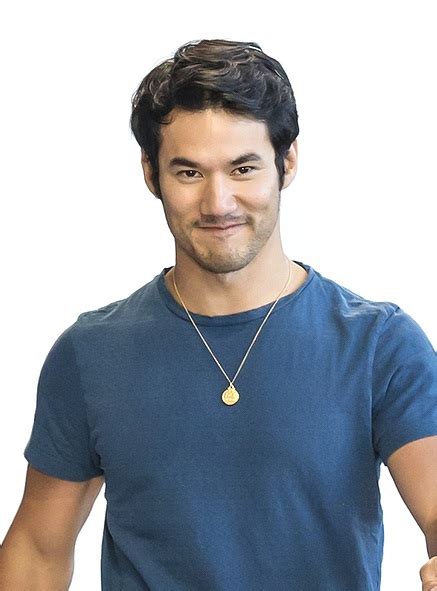Top 33 Quotes & Sayings by Joseph Altuzarra
Explore popular quotes and sayings by a French designer Joseph Altuzarra.
Last updated on April 16, 2025.
I honestly think that with our generation - Alex Wang, Prabal Gurung, Jason Wu, Christian Cota, Robert Geller - there's a different expectation of what our behavior should be. People expect designers to be good businesspeople and PR people, and I don't think partying is a part of that persona the way it used to be.
There’s a side to me that likes to make clothes for everyday. But I also think of fashion as an escape. It’s like a dream. It shouldn’t always be practical and about real life. Sometimes you have to do a piece that has a bit more of a wow - almost like, "I don’t know who’s going to wear that. It’s almost too much." That’s a lot of what fashion is about. Even in an economy that isn’t strong and where it’s important to sell clothes, you have to make things that let people dream a little, you know?
I was also very lucky to be able to work with talented people while I was learning. I didn't actually go to fashion school. I worked with Riccardo Tisci at Givenchy which was a really pivotal experience for me. He taught me a lot about being faithful to your own voice and to really believe in your own voice and that's made a big difference.
























